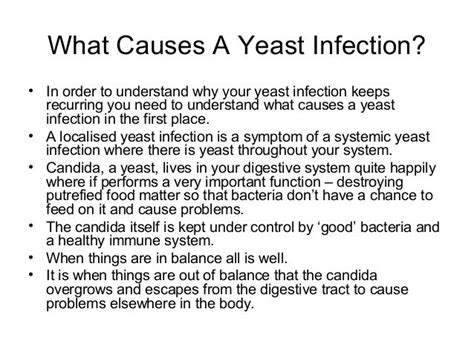Antibiotics are widely known for their role in fighting bacterial infections. However, they can sometimes cause unintended side effects, such as yeast infections. According to Sophia Haroon Dar, MD, an internal medicine specialist, antibiotics target all bacteria in the body, including beneficial ones. This indiscriminate action can disrupt the natural balance of bacteria and yeast in the vagina, leading to overgrowth of yeast and resulting in infections characterized by itching, burning, and irritation.
A yeast infection can occur when the skin is damaged, in warm or humid conditions, or when the immune system is weakened. Antibiotics exacerbate this by killing healthy bacteria that usually keep yeast in check.
Urinary tract infections (UTIs), on the other hand, occur in the urinary tract, which includes the bladder and urethra, and in more serious cases, the kidneys. These infections are often triggered by sexual activity, catheter use, or other factors, and are not directly related to yeast infections. However, the use of antibiotics to treat UTIs can inadvertently lead to yeast infections due to the reasons mentioned above.
Recurrent UTIs are a significant problem for many, with 25% to 30% of women experiencing a return of the infection within six months. It’s important to note that recurrent UTIs are not typically due to poor hygiene or personal failings.
Yeast infections, caused by the fungus candida, can be triggered by various factors, including certain antibiotics, diabetes, excessive use of feminine products, overwashing the vaginal area, or wearing tight, non-breathable clothing.
When it comes to self-diagnosing and treating yeast infections, it is generally safe if you have had them in the past and are familiar with the symptoms. However, if you are unsure, it is always best to consult a healthcare professional for a formal diagnosis.
The rise of antibiotic-resistant UTIs, as highlighted by Lisa Bebell, MD, signifies a global crisis in antibiotic resistance. UTIs are among the most common types of infections, affecting a significant portion of the population at some point in their lives.

For more information, you can read further at The Well by Northwell, University of Rochester Medical, Harvard Health, Harvard Health, Baylor College of Medicine, University of Nebraska-Lincoln, Harvard Health, and Harvard Health.